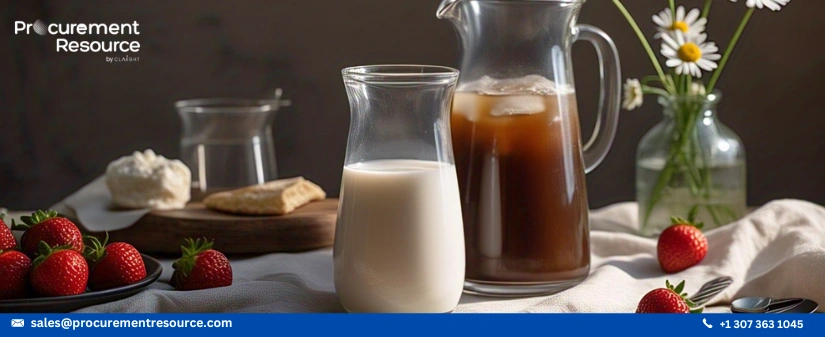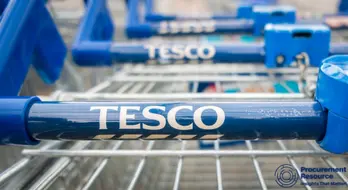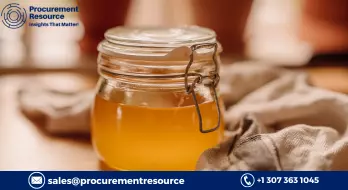Cargill Opens New Brazil Pectin Factory, First Outside Europe

Cargill's Brazilian unit has completed the construction of a new facility to produce pectin, a fruit by-product used in jams, beverages, dairy products, and confectionery. Outside of Europe, where Cargill owns three pectin plants, this is the company's only pectin facility. Cargill will become the world's second-largest producer of food ingredients as a result of the deal.
The factory, which is close to Brazil's orange belt, will help Cargill cut production costs by sourcing orange peel as a raw material. Two of its European plants currently have to import orange peels for processing. According to the company, the Brazilian unit will mainly cater to export markets, particularly clients in Asia, and will employ 120 people.
Earlier in August 2021, the company reported a 17% increase in revenue for the fiscal year 2021, making it the latest company to benefit from high agricultural commodity prices. Privately owned and operated, Cargill, last year, stopped disclosing most of its quarterly and annual financial data to the public.
During the first nine months of fiscal year 2021, the company earned nearly USD 4.3 billion in net income, according to data released by the trading house to tap the bond market. That figure already surpasses its best-ever total annual profit. Cargill's move reflects a desire to strike a balance between high-volume, low-margin businesses and expanding its presence in market segments with lower volumes but higher prices.
It is also a response to changing dietary needs of industrial customers and consumers. According to the company, global demand for pectin, a natural ingredient that can be used as an emulsifier, stabiliser and thickener agent in cooking and baking, is expected to grow by up to 4% per year.
The company, which is one of Brazil's largest soy and corn traders, announced the new plant's construction in 2018. The plant will begin operations this month, despite a slight delay in 2020 due to pandemic-related restrictions. The new plant has the capacity to produce 6,000 tons of the high-value product per year, with a kilogramme costing between USD 15 and USD 20.
Cargill invested 550 million reais (USD 106.52 million) in the factory, according to Moraes. According to Bloomberg, Cargill Inc. is also in talks to sell the stake as part of a move to refocus its business away from its history as a commodities trader.
Geneva-based Alvean, launched by Cargill and Copersucar in 2014, accounted for 20% of worldwide sugar shipments in 2019-2020. But Cargill, and other sugar traders, found the business a tough one in recent years as large harvests kept volatility low- and volatility is how agricultural traders often make profits. At the same time, Cargill has been investing more in businesses like food processing and meat production, and it is expanding those operations.


.png)
